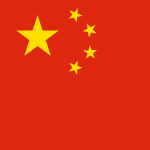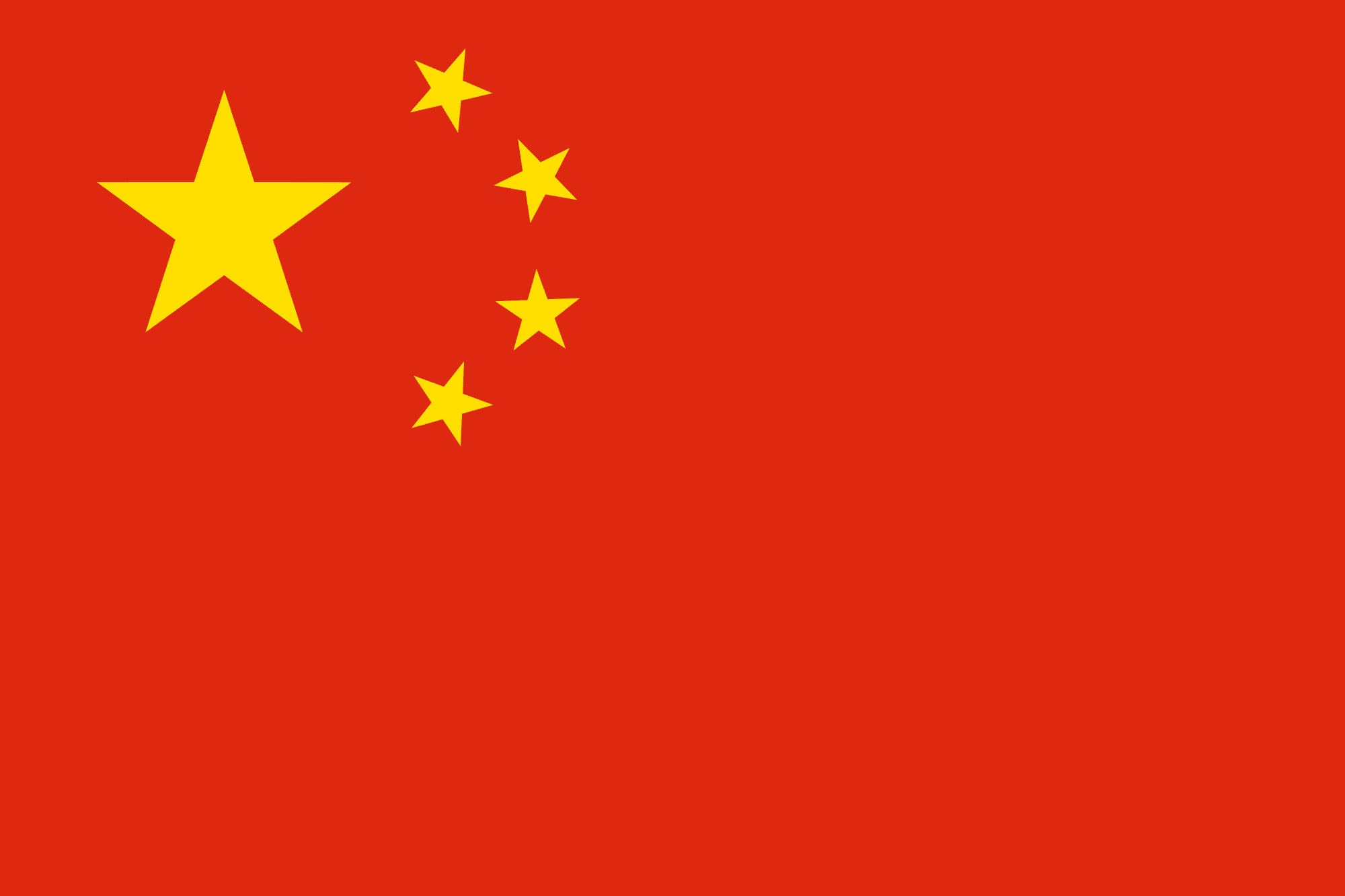
China's financial regulators are not concerned about signs of foreign currency outflows as the economy slows, said today Guan Tao, Head of the Department of International Payments at the State Administration of Foreign Exchange (SAFE), describing the recent decline in reserves as in line with Beijing's policy goals. SAFE is however closely monitoring the impact of any changes in U.S. monetary policy as signs of greater Volatility in cross-border flows appear.
It was revealed this week that China's economic growth slowed to 7.3% in Q3, lower than the government's expectation to maintain 7.5% as in Q2. China's huge foreign capital reserves also fell by about $100 billion in Q3 2014 to $3.89 trillion at the end of September, according to the country's central bank.
The declines caused speculation about "hot money" outflows from China over investors' worries about a further Chinese slowdown. Mr. Guan explained however that the decline in reserves was mainly caused by the USD appreciation, which reduces the dollar value of the reserves held in other currencies.
"Capital inflows are swinging into outflows due to recent two-way fluctuations in the yuan exchange rate and the complex external and internal environment, which is normal," Mr. Guan told a news conference according to Reuters. "Such capital outflows are not risky. The slowdown in growth of foreign exchange reserves will become a new normal and is in line with the direction of reforms," he said.
The regulator added that the Chinese central bank is on track to gradually exit from regularly intervening in the foreign exchange market and that the government will further develop derivative instruments to help companies better hedge against two-way volatility in the RMB exchange rate.


















